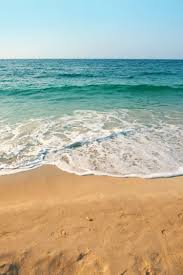
For young writers — especially those who say they cannot write poetry — imitation is a teacher’s best friend. Even if they’re too young to know the word “gratitude,” you can ask them to make a list of things they love.
From there it becomes a specific noun exercise, a sensory detail (or “imagery” in poeti-speak) exercise. Ten items will do, although the Laura Foley example below employs 15. Once that anyone-can-create-it list is done, students are ready to make it prayer-like. “Praise be…!”
Whether you want it to be a 14-line sonnet “-ish” poem is completely optional. Once your students’ (or your own) list is complete, have them read Foley’s poem and mark their favorite lines. I used to tell kids to highlight “the cool lines.” Being “cool” is forever, after all, and it’s always interesting how students instinctively “like” lines that showcase a poetic element. (Awesome work, students!) Students might also create categories for Foley’s and their own lists. It might help others who are reaching for that old familiar — “writer’s block.” Thus, thinking up favorites from nature, from foods, from sports, from family traditions, etc., breaks the logjam.
Then it’s off to the races. One with a clear and obvious finish line for those with poetry phobia.
Gratitude List
Laura Foley
Praise be this morning for sleeping late,
the sandy sheets, the ocean air,
the midnight storm that blew its waters in.
Praise be the morning swim, mid-tide,
the clear sands underneath our feet,
the dogs who leap into the waves,
their fur, sticky with salt,
the ball we throw again and again.
Praise be the green tea with honey,
the bread we dip in finest olive oil,
the eggs we fry. Praise be the reeds,
gold and pink in the summer light,
the sand between our toes,
our swimsuits, flapping in the breeze.
